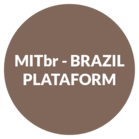by Guilherme Marques, Founder and Production Director
To become insurgent in times of scarcity has always been my challenge. I have always sought in artistic making the strength to transform scarcity into something crucial to bring about exchange, knowledge and dialogue. Throughout my course I have had many successful projects and others not so much, however, I remain committed as a citizen in the search and dignity of my artistic and intellectual choices. However complex our work may be, in a country where the artist is made invisible and marginalized by a large part of the population, this challenge makes the task a stellar effort! Do we resist or die?! In Brazil’s current political situation, I propose to review my “convictions”, “truths” and “certainties” before such dehumanization and authoritarianism.
As a cultural manager and producer, I bring the thought and debate on the friction between idealization and execution of projects. Because the often-bureaucratic standoffs and the late responses of the resources to carry out the festivals, beside increasing the costs make us all sick. It is urgent and necessary for both public and private authorities to rethink the times and the ways of producing culture in our country. Medium and long-term planning has a direct impact on expenses reduction and gives greater visibility to both artistic actions and supporting institutions. Therefore, we all win.
I believe the cultural sphere is a power! It is quite clear, through previous studies, that this is one of the sectors that generate more wealth for our country. I mean, we are talking about a labour market that generates millions of jobs. It is urgent to have in our hands the culture economic indicators in order to know exactly the power and wealth generated by the sector. That is why within the current scenario I appeal to all of us artists to organize around a national movement to develop this survey and show the strength of our area!
Taking as an example MITsp 2020 edition, we generated something around 150 direct jobs and 300 indirect jobs. We put hotels, restaurants, theatres, public transport in motion, pay taxes and, in addition, we promote 63 free reflective and educational activities, 12 international shows and 13 national shows. With MITbr Platform Brazil – Program for the Internationalization of Brazilian Performing Arts, one of the four axes of MITsp, we created a direct dialogue with 68 national and international programmers aiming at the circulation of Brazilian artists in festivals and exhibitions around the world. In just two Platform editions we had the evidence of shows and artists being invited to perform at many festivals. Which shows the strength and the distinction of our artistic production. I regret that the three spheres of government have not yet developed public policies aimed at the internationalization of our artists. Is it not time to have a parliamentary group that advocates for our causes?
Finally, I want to acknowledge our partners for their acceptance, be it economic or even hosting actions in their venues, as it would be impossible to hold the São Paulo International Theatre Festival without their support. I have always been grateful to Banco Itaú, Itaú Cultural, Secretaria Municipal de Cultura, Secretaria Estadual de Cultura e Economia Criativa, Sesc São Paulo, Sesi-SP, Sabesp, Porto Seguro, Veólia, Instituto Francês de Paris, French Consulate in São Paulo, Goethe-Institut and German Consulate in São Paulo, Pro Helvetia, British Council, Cultura Inglesa, Instituto Italiano, Instituto Camões and Consulate of Portugal in São Paulo. Thank you very much for believing and encouraging this Festival in such troubled times!














